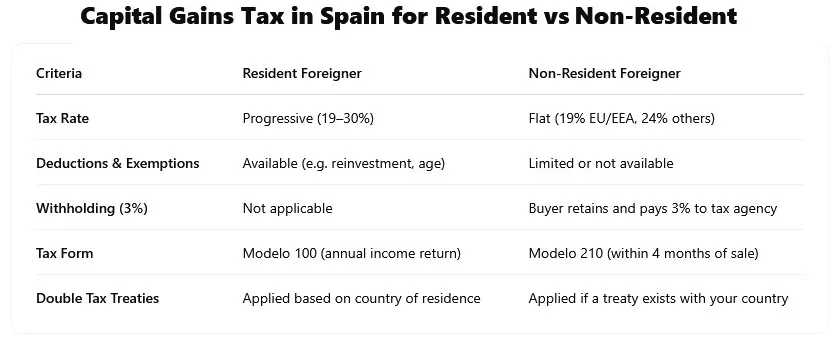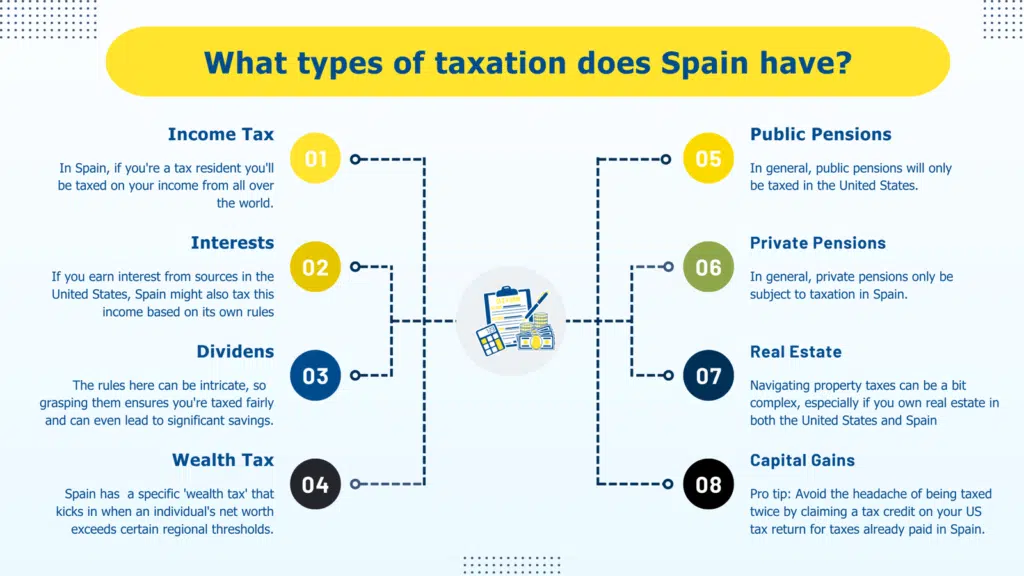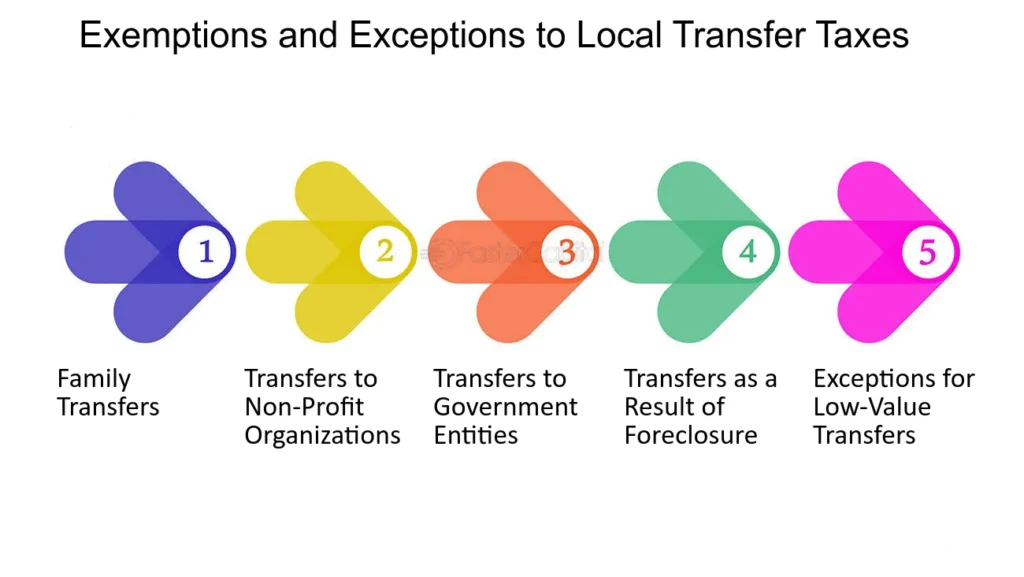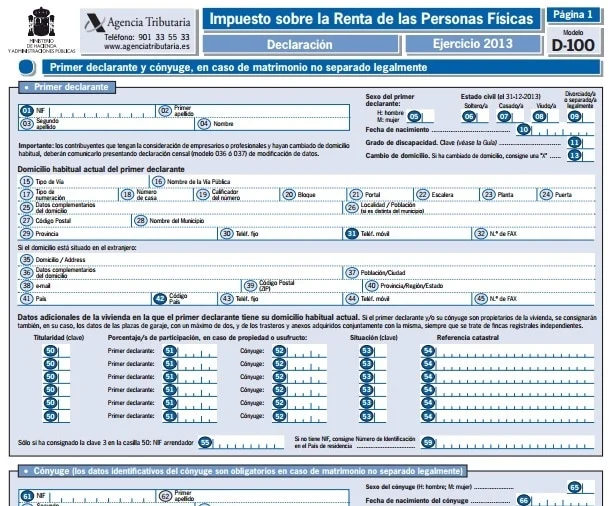What's the Gain Tax for Residents?
The government considers someone a resident if they've lived within the country's borders for 183 days or more. Spain divides earnings into regular and savings income. Whatever you make after selling physical or digital assets counts as savings income.
The Spanish tax agency applies these percentages to your actual profit. This is essentially the difference between what you bought the digital asset for and the amount you sold it for.
Once you start calculating rates across multiple income brackets and asset types, things can get confusing fast – especially if you’re also dealing with crypto, stocks, or international holdings. 8lends helps Spanish residents and investors automate tax calculations under Spain’s progressive system, including capital gains, dividend income, and crypto transactions.
The platform integrates with exchanges and brokers, applies the correct rates automatically, and generates compliant reports for submission to Agencia Tributaria. With 8lends, you’ll never second-guess whether your figures align with the latest Spanish tax rules.
Profits on Shares and Fiscal Implications
Profits from selling investments in Spain are combined with your yearly savings earnings. This could include dividends, bank interest, life insurance payouts, or annuities.
What if your investment loses money? Well, you can set the losses against other earnings or savings increases. But limitations exist. Payers can carry their losses forward for up to four years. They only have to be bigger than your earnings.
It's wiser not to hold shares on your own. The decision isn't as advantageous as it may sound. Instead, find other pocket-friendly options.
How Foreigners Pay on Gains

You now understand the basics of government debt for those spending most of the year in Spain. But what about if you haven't stayed long enough to meet the 183-day mark?
Unfortunately, you won't enjoy the same benefits in this case. Any profit you make if you come from outside the European Union faces a flat 24%. Those from EU countries get a better deal. Their capital gains rate drops to 19%. Sadly, the perks don't apply here. You'll pay a fixed 24% if you earn money while residing outside the EU. EU citizens pay 19%.
EU residents outside Spain often get to keep all the money they earn from Spanish investments. This holds unless it involves:
- Tax haven assets
- Companies that are heavy in real estate, or
- If you held 25% or more of a company over the last 12 months.
Double payment obligation agreements may reduce or remove the deduction.
Are Foreign Investors Eligible for Any Discounts?
Absolutely. Foreign investors can get some fiscal breaks too, but the rules aren't as generous as they are for citizens. A person who resides in another EU country that has an agreement with Spain can benefit from an exemption. On top of that, you might be able to use the same exemptions residents enjoy if you meet the same conditions.
Which Income Must Be Paid On?

The government doesn't treat all earnings the same. Some you report, some you don't.
Employment Income
This category covers almost everything earned from doing work. The budgetary department will review your:
- Salary
- Pension
- Housing benefits
- Travel or work expense payments, and
- Any other allowances in cash or perks
Locals may qualify for a foreign income exemption of up to €60,100 if they earn money abroad. This exemption has some rules. Furthermore, anything you earn over 24 months can sometimes get a 30% break.
Self-Employment and Business Income
Any earnings from your trade are to be paid on based on the regular rates. A dip could offer a chance to cut down your required state payment. However, this works within the rules set by law.
Directors' fees
Spain considers company director payments ordinary income. These fees use the normal income rates for residents. Non-residents pay 24%, but the rate reduces to 19% if you live in another EU country. The standard rate is nearly a quarter of your earnings, but EU residents get a discount down to 19%.
Investment Revenue
The money you earn from renting out property, dividends, interest, and other financial returns falls in this category. You can potentially slash revenue you’re required to pay on in half if you rent your place. Their overseas counterparts face a fixed 24% rate, but EU/EEA citizens get a sweet deal of just 19%.
The government considers small proceeds for any property you own but don't rent. This is based on the asset's cadastral value. It's generally 2% or 1.1% if the value was updated in the past 10 years. Dividends, interest, and capital gains follow the progressive rates between 19% and 28%.
Payers shell out 2%, or 1.1%, if property value was updated in the last decade. Some EU-based individuals could keep the profits from bonds and other investments without paying the state. Furthermore, property or investment gains are split equally for married couples under a community property system.
Employer-Provided Stock Options
Some employees use stock options given by their employer. The money you have to pay on is the gap between what you spent to buy the shares and what they are worth now. You also need to pay Social Security on this revenue. However, gains from these stock options can be free of government debt until reaching €12K each year.
Exemptions and Special Cases

Spain's Capital Gains Tax isn't designed to punish every transaction. Several exemptions can help residents in specific situations avoid extra burdens. We'll take you through these special cases.
Donations That Truly Count
Proceeds associated with donations to approved charities or foundations are exempt.
Seniors Moving from Their Main Property
Seniors beyond 65 years and dependent individuals don't pay the state on profits from selling their primary home. This holds true when they keep the lifetime use while selling ownership. Divorce and separation cases also count if one spouse keeps the property.
Settling Obligations with Heritage Assets
You won't owe for the profit you get when you hand over a historic Spanish property to settle your duties.
When the Home Settles the Mortgage
You'll not be liable when you're handing over your main property to cancel a mortgage. This includes foreclosures.
Reinvestment
The law shields you from state debt if you invest earnings from a sale in:
- A new property.
- Shares in new companies.
- Life annuities for payers over 65 (limit: €240K).
Limited-Time Chances
Savvy taxpayers grab exemptions on special investment periods. Shares in new companies (2011–2013) and urban homes acquired in mid-2012 can qualify.
Natural Disaster and Public Aids
Compensation for personal harm or property damage does not require paying the state duties. Examples include Filomena storm, La Palma volcano, forest fires, or floods. The exemptions also cover the following public aid cases:
- Repairing heritage damage.
- Energy rehabilitation of buildings.
- Digital dividend costs (first release only).
Bankruptcy Debt Relief
Any gains from debt write-offs or refinancing. The same applies to those in bankruptcy.
Flight GWI9525 Accident
Compensation to victims' families doesn’t incur government payment.
How to File and Pay

Spaniards must figure out and report their own returns. Households sometimes choose to send in one joint return that covers everyone's takings together. All family members share responsibility for paying the bill. Refunds and owed taxes between partners can be balanced.
Anything owed by a resident is usually paid when filing. Interest will apply if there's money still unpaid. You can settle 60% of it in June and complete the payment by early November without incurring any additional costs.
The final duty due is calculated by subtracting the amounts already withheld during the year. If too much was withheld, the excess will be refunded to you. Non-residents must also file returns on taking earned in Spain. However, the deadlines differ depending on the type of proceeds.
What you owe at the end of the year is calculated by deducting what has already been taken out from your earnings. You'll get the extra back if more money was taken than needed. People living outside Spain also have to report any earnings they make in the country. But the filing deadline depends on the kind of income they earned.
Conclusion
Spain’s progressive tax system may look straightforward on paper, but in practice, every gain, exemption, and withholding matters. From real estate profits and business shares to crypto gains and cross-border income, even small reporting mistakes can lead to penalties or missed refunds.
8lends takes the complexity out of Spanish capital gains reporting. It automatically consolidates all your transactions, applies the correct tax bands from 19% to 28%, and produces ready-to-file reports tailored to your residency status. Whether you’re a Spanish citizen or a foreign investor with assets in the country, 8lends ensures your filings are accurate, transparent, and fully compliant with Agencia Tributaria’s standards.
Visit 8lends today to streamline your Spanish tax preparation, minimize reporting errors, and handle your next capital gains declaration with total confidence.








